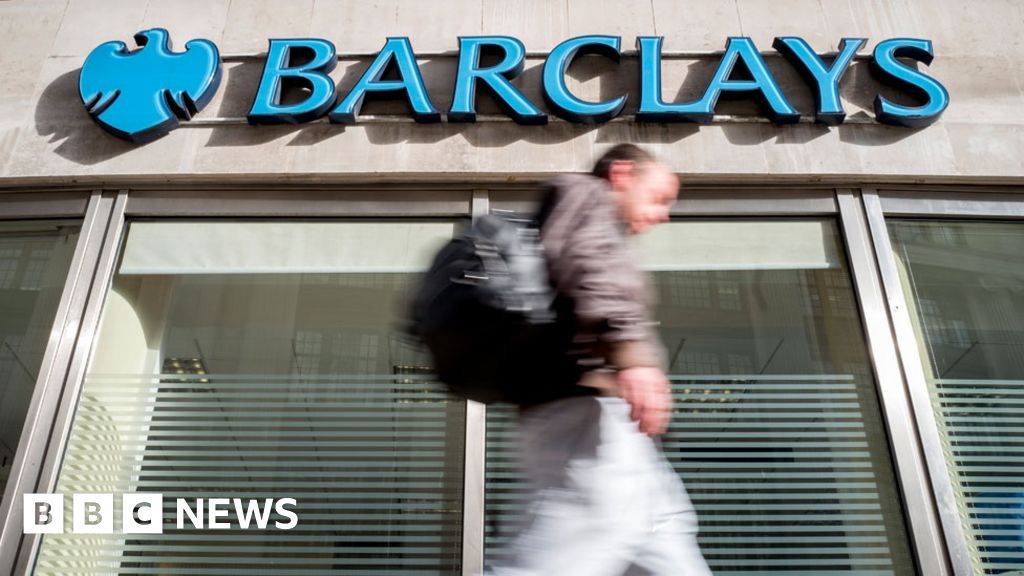Image copyright
Getty Images
Barclays boss Jes Staley has signalled that he wants employees working from home during the pandemic to return to the office “over time”.
“It is important to get people back together in physical concentrations,” he told Bloomberg TV.
He said 60,000 Barclays staff were working “from their kitchen tables”, but stressed that another 20,000 were in offices, branches and call centres.
In April, Mr Staley had said big city offices “may be a thing of the past”.
In recent years, banks worldwide have shifted staff away from expensive skyscrapers in financial hubs, but Barclays and its rivals still have busy offices in places such as London’s Canary Wharf.
In his latest remarks, Mr Staley appeared to cast doubt on the idea of abandoning those hubs, saying: “We also have a responsibility to places like Canary Wharf, like Manchester, like Glasgow.”
He added: “We want our people back together, to make sure we ensure the evolution of our culture and our controls, and I think that will happen over time.”
Bad loans fear
Mr Staley’s comments chime with government plans to encourage more people to return to their workplaces from next month, as part of what Prime Minister Boris Johnson hopes will be a “significant return to normality” by Christmas.
However, not all big banks take the same view. Last week, NatWest told more than 50,000 staff in a memo that they could continue to work from home until next year.
The Barclays boss was speaking after the bank reported a 58% fall in pre-tax profits to £1.3bn for the first half of this year, compared with £3bn for the same period in 2019.
It said it had set aside £1.6bn in the second quarter of the year to cover the cost of non-repayment of loans, largely as a result of the coronavirus crisis. That took its total provisions for bad loans to £3.7bn for the first half of the year.
Its shares were down 2.6% in Wednesday morning trading.
“These results aren’t exactly unexpected, but they paint a pretty bleak picture of the UK economy nonetheless – particularly if you happen to be a business owner,” said Nicholas Hyett, equity analyst at Hargreaves Lansdown.
“Given the backdrop, a large increase in provisions for bad loans during the half was to be expected – and Barclays now expects disruption to drag well past 2020.”

